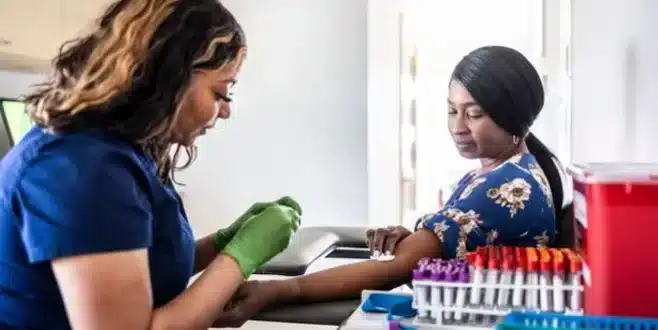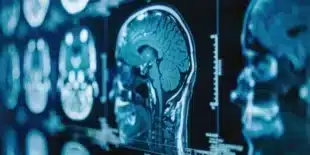The UK government is expected to roll out a groundbreaking blood test that can detect the earliest signs of the 12 most common cancers, potentially before symptoms even appear.
Health Secretary Wes Streeting, who has personally battled cancer, plans to introduce this government-funded universal blood screening within the next five years.
**Details of the Breakthrough Blood Test**
The test, based on PCR technology—similar to that used during the COVID-19 pandemic—aims to significantly boost survival rates and save numerous lives annually. This initiative builds on the momentum of a June announcement where doctors highlighted a blood test that could foresee breast cancer recurrence before it was detectable by traditional imaging techniques.
In an interview with The Mirror, Streeting highlighted the efficiency of the test, noting, “Just a couple of drops of blood could reveal the presence of cancers like lung, breast, or bladder, potentially cutting down the lengthy delays currently experienced with conventional testing methods. This could be a game changer.”
Priced at £120 (approximately $157) per patient, the test will screen for a spectrum of prevalent cancers, including lung, breast, prostate, pancreatic, colorectal, ovarian, liver, brain, esophageal, bladder, bone and soft tissue sarcomas, and gastric cancers.
The UK government has allocated £2.5 million (about $3.28 million) from the National Institute for Health and Care Research to support this project. Additionally, a startup named Xgenera has been formed by scientists to facilitate the rollout of this promising technology, which they believe could save millions of lives.
Annually, over 320,000 people in the UK are diagnosed with critical cancers such as prostate, breast, bowel, and lung. Experts estimate that around 40,000 cancers went undiagnosed during the first year of the pandemic alone.
Currently, screening programs are recognized as one of the most effective methods for early cancer detection, highlighting the potential impact of this new test in transforming cancer diagnostics.


